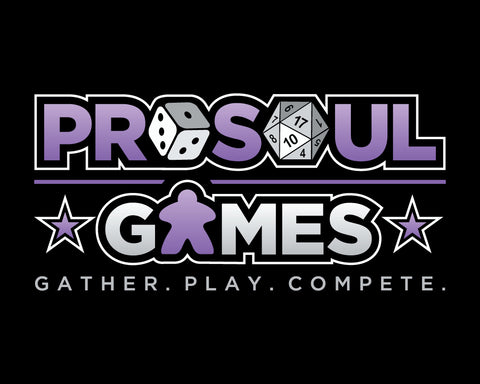Monopoly: Classic

Players take the part of land owners, attempting to buy and then develop their land. Income is gained by other players visiting their properties and money is spent when they visit properties belonging to other players. When times get tough, players may have to mortgage their properties to raise cash for fines, taxes and other misfortunes.
Gameplay
On their turn, a player rolls two dice and moves that number of spaces around the board. If the player lands on an as-yet-unowned property, they has the opportunity to buy it or auction it to the highest bidder. If a player owns all the spaces within a color group, they may then build houses and hotels on these spaces, generating even more income from opponents who land there. If they lands on a property owned by another player, they must pay that player rent according to the value of the land and any buildings on it. There are other places on the board which can not be bought, but instead require the player to draw a card and perform the action on the card, pay taxes, collect income, or even go to jail.
Goal
The goal of the game is to be the last player remaining with any money. (though some editions end the game when the first player goes bankrupt)
Cultural impact on rules
Monopoly is unusual in that the game has official, printed rules, but most players learn how to play from others, never actually learning the correct way to play. This has led to the canonization of a number of house rules that make the game more palatable to children (and sore losers) but harm the gameplay by preventing players from going bankrupt or slowing down the rate of property acquisition. One common house rule has players put any money paid to the bank in the center of the board, which jackpot a player may earn by landing on Free Parking. This prevents the game from removing money from play, and since players collect $200 each time they pass Go, this results in ever-increasing bankrolls and players surviving rents that should have bankrupted them. Another house rule allows players to take "loans" from the bank instead of going bankrupt, which means the game will never end. Some house rules arise out of ignorance rather than attempts to improve the game. For instance, many players don't know that properties landed on but left unbought go up for auction, and even some that know to auction don't know that the bidding starts at $1, meaning a player may pay well below the listed price for an auctioned property.
Returns
Our refund policy lasts 14 days. If 14 days have gone by since your purchase, unfortunately we can’t offer you a refund or exchange.
To be eligible for a return, your item must be unused and in the same condition that you received it. It must also be in the original packaging.
Several types of goods are exempt from being returned.
- Any item sold used
- Gift cards
- Foods and Drinks
- Any Trading Card Game materials, (IE. Pokemon, Magic: the Gathering, Yu-Gi-Oh!, etc)
- Event entries (Entries on events without attendance limitations may be returned for store credit, but only until 2 hours before the event starts)
To complete your return, we require a receipt or proof of purchase.
Please, do not send your purchase back to the manufacturer.
In-store Refunds (if applicable)
In-store purchases require an in-store return.
Once you bring in your return we will inspect it.
If you are approved, then your refund will be processed.
All returns will be made in the same tender used for purchase. If you used a debit or credit card for purchase, then you will need to have it present for the return.
All qualified returns are welcome to opt for store credit instead of cash or debit/credit repayment.
Online Refunds (if applicable)
To return your product, you should mail your product to: ProSoul Games, LLC., 230 S Oregon St, Ontario OR 97914, United States
You will be responsible for paying for your own shipping costs for returning your item. Shipping costs are non-refundable. If you receive a refund, the cost of return shipping will be deducted from your refund.
If you are shipping an item over $75, you should consider using a trackable shipping service or purchasing shipping insurance. We don’t guarantee that we will receive your returned item.
Once your return is received and inspected, we will send you an email to notify you that we have received your returned item. We will also notify you of the approval or rejection of your refund.
If you are approved, then your refund will be processed, and a credit will automatically be applied to your credit card or original method of payment, within 14 days.
If you fail to pick up a purchased and held item within 45 days the item and product will be forfiet.
Late or missing refunds (if applicable)
If you haven’t received a refund yet, first check your bank account again.
Then contact your credit card company, it may take some time before your refund is officially posted.
Next contact your bank. There is often some processing time before a refund is posted.
If you’ve done all of this and you still have not received your refund yet, please contact us at psg.ontario.or@gmail.com.
Sale items (if applicable)
Only regular priced items may be refunded, unfortunately sale items cannot be refunded.
Not responsible for damage
We do not replace items if they are defective or damaged.
Almost every publisher has a system for replacing damaged or missing parts. See their websites for more information.

 '
' '
' '
' '
' '
'